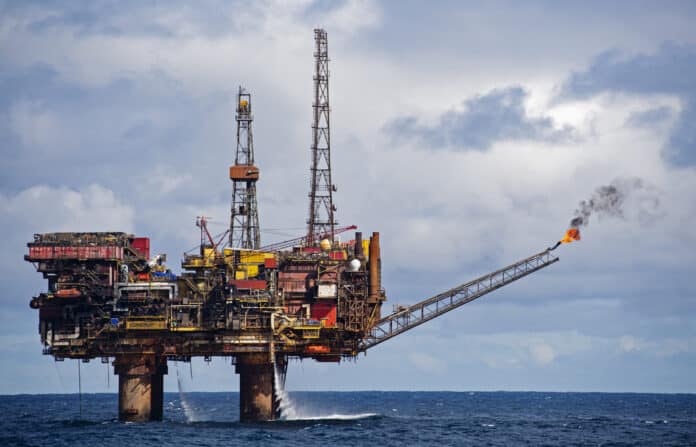Plans to develop the UK’s largest untapped oilfield, Rosebank, have been blocked in a landmark climate court ruling. A Scottish court determined that the previous Conservative government acted unlawfully when it approved both the offshore Rosebank oilfield and the smaller Jackdaw gas project without fully assessing their environmental impact.
The ruling marks a significant victory for climate campaigners, reinforcing the legal precedent that authorities must consider the full emissions impact—not just those from extraction but also from the burning of oil and gas. This decision follows a “game-changing” Supreme Court ruling in June, which led to the collapse of other fossil fuel projects, including the controversial West Cumbria coal mine.
Despite this legal setback, the projects are not entirely off the table. The newly elected Labour government, which came to power in July on a platform of climate action, must now reassess the projects with full consideration of their downstream emissions before making a fresh decision.
Political and Economic Implications
Oil and gas continue to supply more than two-thirds of the UK’s energy needs. However, experts suggest that the volumes from Rosebank and Jackdaw would not significantly reduce UK reliance on imports. According to Dr. Ewan Gibbs, an energy historian at Glasgow University, this makes any decision on their future largely political.
Labour has pledged to grant no new oil and gas licences, but as these projects already hold licences and only require final approval, the government could technically allow them to proceed without breaking its campaign promises.
Campaigners Celebrate, Industry Remains Hopeful
Greenpeace, which led the legal challenge against Jackdaw, hailed the ruling as a turning point in climate litigation. Senior campaigner Philip Evans declared, “This is a historic win—the age of governments approving new drilling sites by ignoring their climate impacts is over.”
Yet, fossil fuel companies have also found reason to be optimistic. While the court overturned previous approvals, it left room for developers to reapply, provided they address the emissions concerns. In the meantime, companies are permitted to continue developing the sites, albeit without extracting any oil or gas.
Equinor, the primary developer of Rosebank, welcomed the decision, stating, “We are pleased with the outcome, which allows us to continue progressing the Rosebank project while we await new consents.” The company argues that Rosebank is vital for the UK’s economic growth, with an estimated 77% (£6.6 billion) of direct investment benefiting UK businesses.
Exports Over Domestic Use: A Sticking Point
A key issue that fuels public discontent is that most of Rosebank’s estimated 300 million barrels of oil are set for export rather than domestic use. At a time when UK households struggle with rising energy costs, campaigners and opposition voices argue that prioritising exports over domestic consumption fails to provide relief to the British public.
The smaller Jackdaw project was expected to supply gas for UK use, but experts noted that its contribution to lowering household bills would have been negligible.
What Happens Next?
The government’s Department for Energy Security and Net Zero has announced plans to issue revised environmental assessment guidelines by spring. This will allow companies to reapply for permissions under updated terms.
A government spokesperson reiterated its commitment to a “fair, orderly and prosperous transition in the North Sea” that aligns with climate goals while ensuring energy security and economic stability.
Meanwhile, industry leaders, including Shell, are urging the government to act swiftly to provide regulatory clarity, warning that delays could hinder investment in vital UK energy infrastructure.
As the UK grapples with both climate responsibilities and a cost-of-living crisis, the fate of Rosebank and Jackdaw remains uncertain. Labour’s next move will be crucial in balancing energy security, economic interests, and climate commitments—one that will likely define the future of the country’s energy policy.







